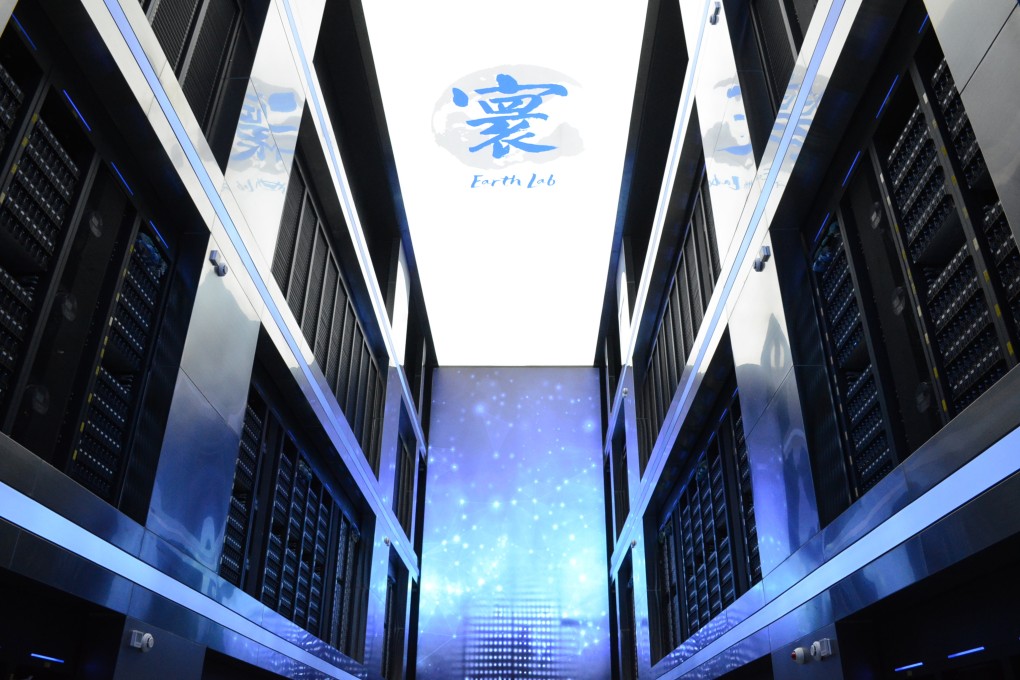Beijing launches state-backed AI platform to meet country’s rising demand for computing power
- The Shangzhuang project is operated by state-backed Beijing Energy Holding, with an aim to alleviate the ‘acute shortage of computing power’ needed for AI development
- BEH said the Shangzhuang computing platform will offer 500 petaflops of computing power in the first phase of the programme

Beijing has launched a public computing platform to support China’s artificial intelligence (AI) development at a time when the US is dialling up its export restrictions on advanced semiconductors critical to training and upscaling AI technologies.
The Beijing AI Public Computing Platform, or Shangzhuang project, is operated by state-backed Beijing Energy Holding (BEH), with an aim to alleviate the “acute shortage of computing power” faced by the city’s tertiary institutions, research facilities, and small and medium-sized enterprises, according to a post published on BEH’s WeChat account.
The launch of the platform on Tuesday marks a major milestone in the Chinese capital’s accelerated AI initiative to nurture a group of local champions in the technology industry, whose quest to build local rivals to OpenAI’s ChatGPT and Google’s Bard is facing challenges from a tighter US chokehold on Chinese access to advanced semiconductors.
Leveraging its strength in the energy sector, BEH said the Shangzhuang computing platform will offer 500 petaflops of computing power in the first phase of the programme.
Petaflops is a measure of computing power. Frontier, the world’s most powerful supercomputer developed by the US Department of Energy’s Oak Ridge National Laboratory, has a peak performance of 1,194 pflops.
BEH aims to ramp up the computing power at its Shangzhuang platform to 1,500 pflops in the second phase, which is scheduled to go online by the first quarter of next year.